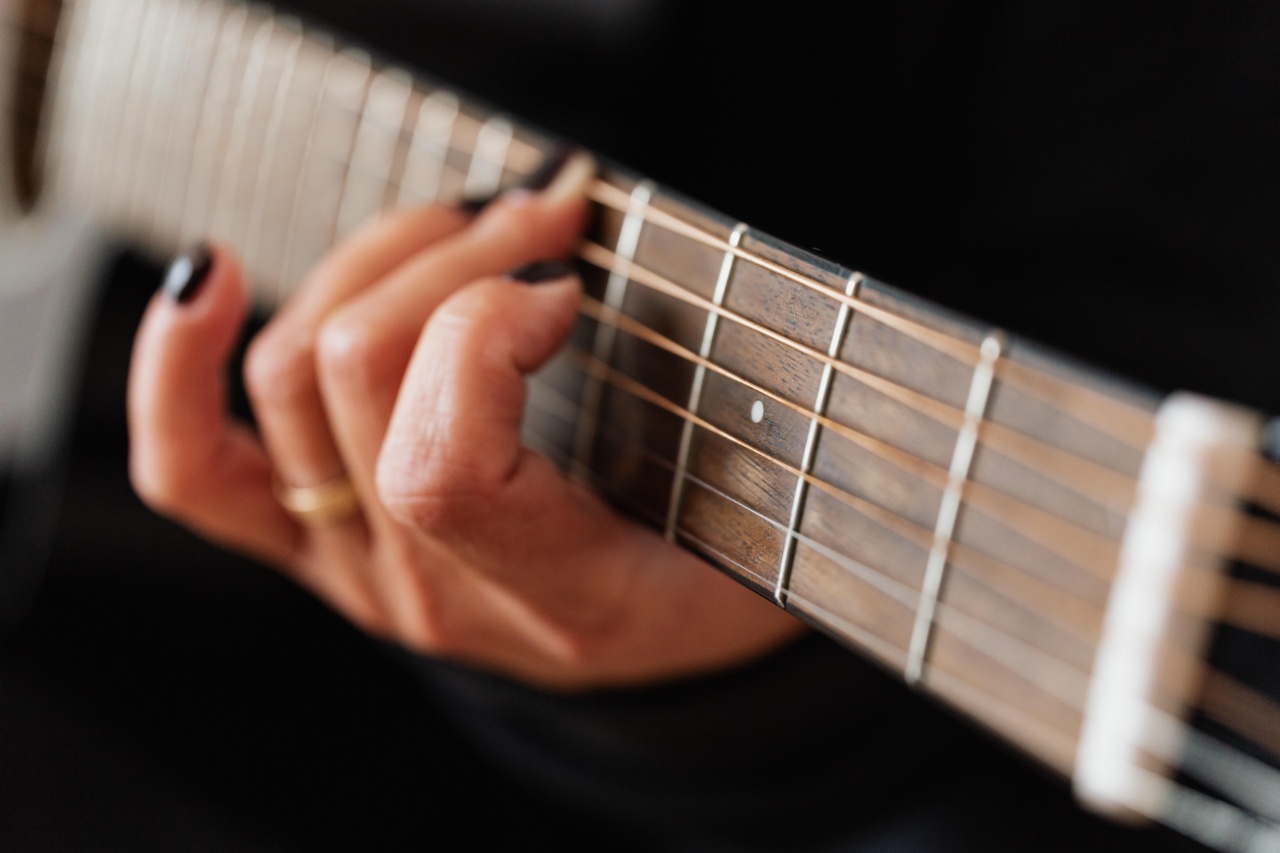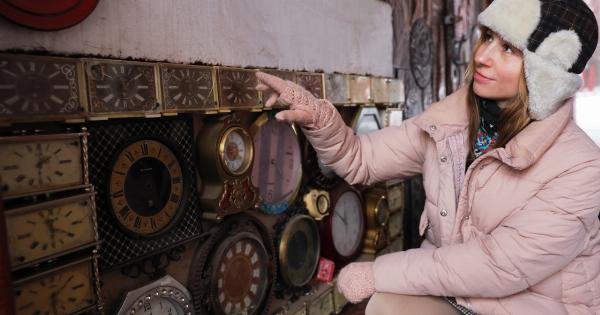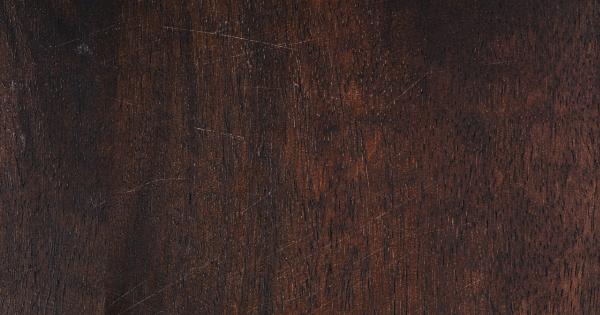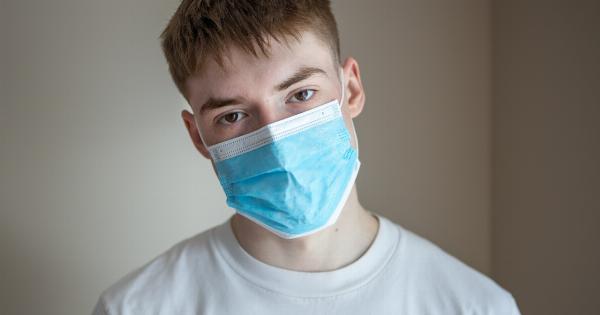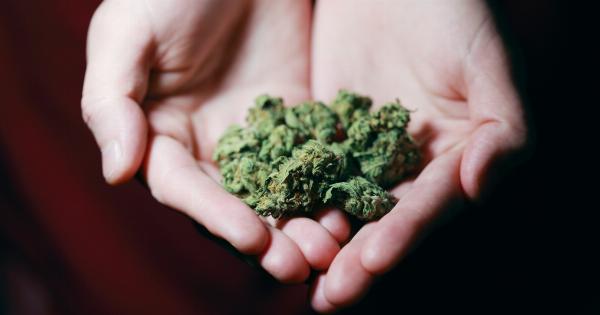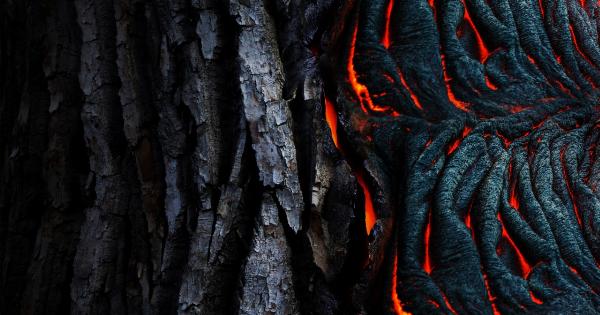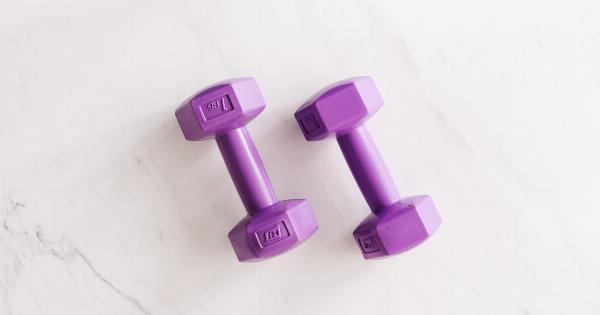Have you ever cracked your knuckles and wondered what actually causes that satisfying “pop” sound? The sound might have come from various sources such as misaligned bones, tendons moving over the bones, and inclusion of gases such as nitrogen, oxygen, and carbon dioxide.
What is Joint Space?
The joint is where two bones come together and where movement occurs. The bones are held apart by joint space filled with synovial fluid. This fluid lubricates the joint, helps it move smoothly, and provides nourishment to the joint tissues.
What are Joints?
A joint is any place where two or more bones come together, and they allow for various movements. There are different kinds of joints in your body, such as hinge joints, ball-and-socket joints, and pivot joints, among others.
What Causes the “Pop” Sound in Joints?
The sound you hear when you crack your knuckles comes from the movement of a joint, which causes sudden drop in pressure and forms bubbles.
These bubbles are initially few, but as the space increases, the bubbles stretch, ultimately causing the “pop” sound. The bubbles are composed of gas.
What Happens When You Crack Your Knuckles?
When you crack your knuckles, you stretch the joint so that the space between your finger joints increases.
By doing so, you create negative pressure between your joints, which causes the gases (nitrogen, carbon dioxide, and oxygen) that are dissolved in your synovial fluid to form a bubble. When the bubble bursts, it makes the cracking sound.
Is Cracking Your Knuckles Bad for You?
Cracking your knuckles might feel satisfying, but it may not be good for your hands and joints.
While cracking your knuckles occasionally might not be harmful, doing this habitually can cause ligament damages, reduce the strength of your grip, and cause joint swelling. Over time, excessive knuckle cracking might affect neighboring bones, causing inflammation and pain.
Other Ways of “Popping” Your Joints
In addition to cracking your knuckles, there are numerous ways you can pop other joints in your body. Such ways include cracking your neck, applying pressure to your back, pulling your fingers, and stretching your toes or ankles.
However, you should be careful when practicing these techniques as they can cause joint injuries and other problems.
Should You Seek Treatment for Knuckle Cracking?
If you have constant pain or you can’t stop the habit of cracking your knuckles, it is advisable to seek medical attention. The doctor can examine your hand and determine the cause of the pain.
In case of joint swelling or inflammation, he or she can administer accurate treatment.
Conclusion
In conclusion, the sound and sensation you feel when cracking your knuckles might be satisfying, but there is no substantial evidence that this practice is good for your health.
The cracking sound comes from the sudden formation and popping of gas bubbles in your joints. Habitual cracking might be harmful to the tendons, ligaments, and bones in the long run. Try to refrain from knuckle cracking or seek medical attention if you find this habit hard to break.
